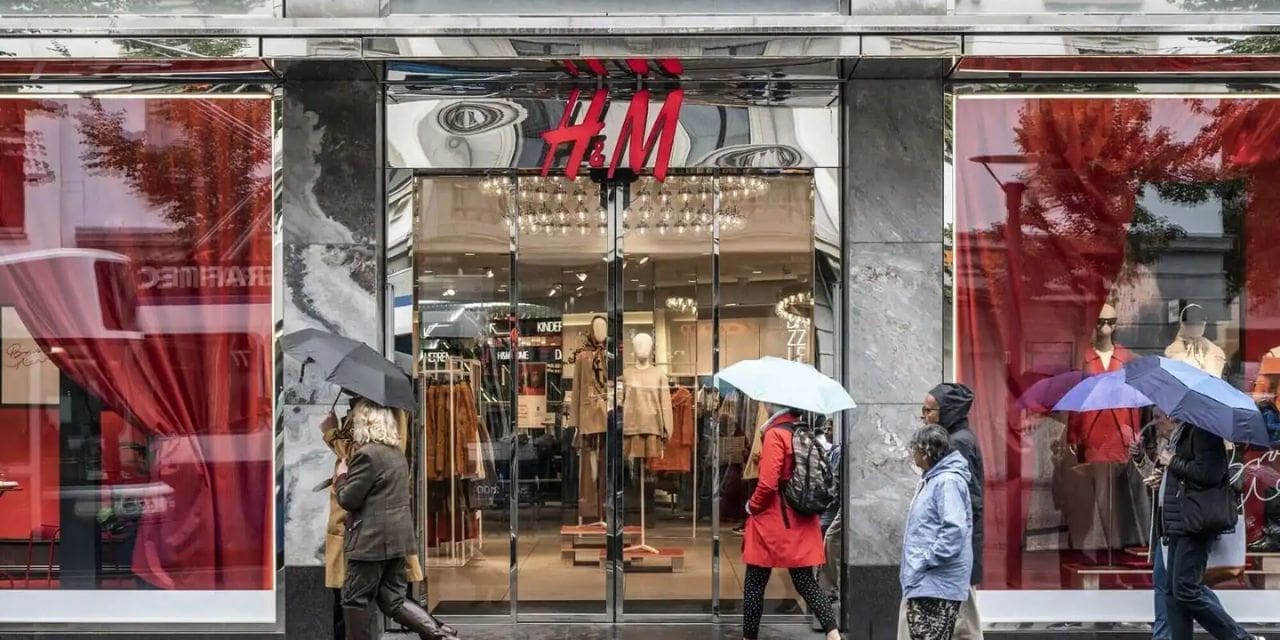Days after an advocacy group exposed the rising number of labor abuse cases in the nation’s textile industry, the second-largest apparel retailer in the world, H&M, stated it will progressively stop sourcing from Myanmar.
In an email to Reuters, H&M stated, “After careful consideration, we have now taken the decision to gradually phase out our operations in Myanmar.” “We have been closely following the most recent events in Myanmar, and we now face greater difficulties carrying out our operations in accordance with our standards and requirements.”
Since the military coup in February 2021, Myanmar’s garment sector has been experiencing a crisis. Even while many factories have permanently closed, the working environment has severely worsened: earnings have fallen, hours worked have increased, and workers are being fired arbitrarily.
H&M is not the first company to leave Myanmar as a result of the country’s deteriorating labor laws. Just a few weeks ago, Inditex, the company that owns Zara, the largest clothes retailer in the world, said that it was about to stop making any purchases from that nation. The declaration followed a strident campaign by the international workers’ organization IndustriALL to get businesses to withdraw from Myanmar.
In response to IndustriALL’s request, Inditex is “in the process of a phased and responsible exit from Myanmar,” a company spokeswoman stated. We keep cutting back on the number of active manufacturers in the nation as a result.
Mango, a Spanish fast-fashion brand, had declared it would no longer source from Southeast Asia. Primark, an Irish retailer, announced in September of last year that it would “begin working towards a responsible exit” because its “first priority is the safety and wellbeing of the people who make our clothes and products.” Similar actions were taken by the British company Marks & Spencer, which also detailed their withdrawal strategies in a statement that was released in October.

